
You may hear from people that water softeners and whole-house filtration systems are the same things, but trust us, it is a myth. Depending on the filtration system you install, you can use various water purifying technologies to cure water contaminants. The first step is to locate the impurities present in your water that you wish to remove. As per the results, select the appropriate filtration system to get rid of impurities. Water impurities can range from excessive minerals to excessive chlorine. Excessive chlorine often goes unnoticed due to its smell, but you can easily spot the caustic hardness of the minerals. They have their characteristic staining (leaving behind white flakes) on sinks, utensils, and floors. It is challenging to treat hard water as it requires high-functioning water softeners that soften and convert hard water into soft water. This is where water softeners differ from water filtration systems. To understand the difference better, let us know the function of both systems.
How does a Water Filtration System Function?
A whole house water filtration system is set up to remove the contaminants you do not want in your water supply. Depending on the source of your water supply, you may want to check for water hardness to eliminate sediments and suspended contaminants. Or to erase the smell of chlorine. A whole-house water filtration setup depends on the user’s requirements. The system checks the compatibility of water with filtration and assesses flow rate, regeneration cycle, cost of maintenance, and more. According to the complexity of the problem, different kinds of whole house water filters are installed. But no matter your concern, there is always a solution for whole house filters.
What is Hard Water?
Hard water contains high amounts of minerals in it, unlike soft water. It is formed when water trickles down from deposits of chalk, gypsum, or limestone. The constituents of these deposits are either magnesium carbonates, calcium, bicarbonates, or sulfates.
Even though you hear that hard-drinking water offers health benefits, it poses severe problems in the industrial and domestic spheres. In industrial set-ups, water hardness is kept under control to avoid expensive breakdowns in boilers, cooling beds, and other equipment that treats water. In households, hard water often causes a lack of foam formation when soap or detergent is used in water. Another sign is the formation of limescale (or flaky white deposits) in kettles and water heaters. Where hard water starts to affect your lifestyle, you can adapt effective water softening techniques to reduce the adverse effects of hard water. This is where Water Softeners come to your rescue.
How Does a Water Softener Work?
Water softeners eradicate excessive amounts of minerals through a process called ‘ion exchange.’ The main components of mineral-rich hard water are Calcium and magnesium. These elements have positively charged ions, while the porous resin beads of the water softener contain negatively charged ions. Since opposite signs attract, calcium and magnesium get trapped when they encounter the resin, allowing the treated softened water to flow through. With good maintenance, the standard lifespan of a water softener can go up to 15 years. If you want clean sparkling water in your domestic or commercial space, it is best if you can combine the use of a water filtration system and water softeners. While one is an expert at removing sediments and contaminants from water, the other is designed to cure the hardness of the water. Here is the combined benefit of both.
Advantages of Using a Whole-house Water Filtration System and Water Softener
It may surprise you to note that a water filtration system not only removes contaminants from water, but it also helps to keep your skin hydrated. With fewer harsh chemicals floating in the water you consume, your body will process water more effectively and keep it hydrated. Other than the health benefits of drinking filtered water, treating filtered water with water softeners will make it ideal for consumption.
Both water softeners and water filtration systems focus on different water components; deciding which one is better for you can be a difficult task. If your household or commercial space struggles with issues of hard water as well as other suspended impurities in water, the apt solution is to combine both the whole house water filtration system and the water softening system. This way, you ensure safe drinking water for all consumers in your domestic or commercial space.
When you remove toxins and excessive minerals from your water helps it perform, smell, and taste better. Implementing a whole house water filtration system in addition to water softeners has no noticeable downside. Both water treatments offer a plethora of benefits to the users. Your home appliances will be safe from hard water damage. No more white flaky/powdery discharge on the floor or walls of your kitchen and bathroom. No additional smell or taste. What are you waiting for? Contact the best water filter suppliers in town to install suitable water filters at your place.
Whom to Hire for High-quality Water Filters?
Peninsula Water Conditioning Inc. is one of the most reliable and authorized companies providing superior-quality products and services for water filtration in Maryland. We commit to offering the best possible solutions for your water problems.
You can reach out to us by calling us at (410) 341-6500. We are happy to help you find a suitable water treatment system for your home!
Also Read: How Does a Whole House Water Filter Work?
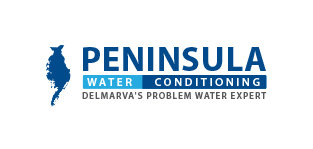

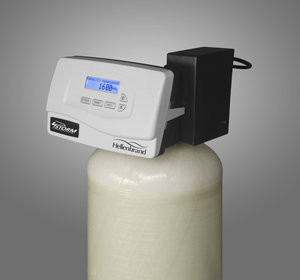
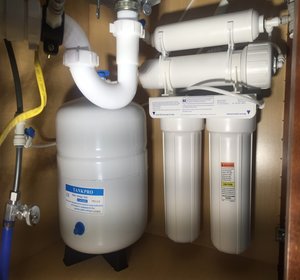
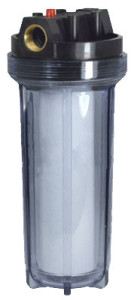
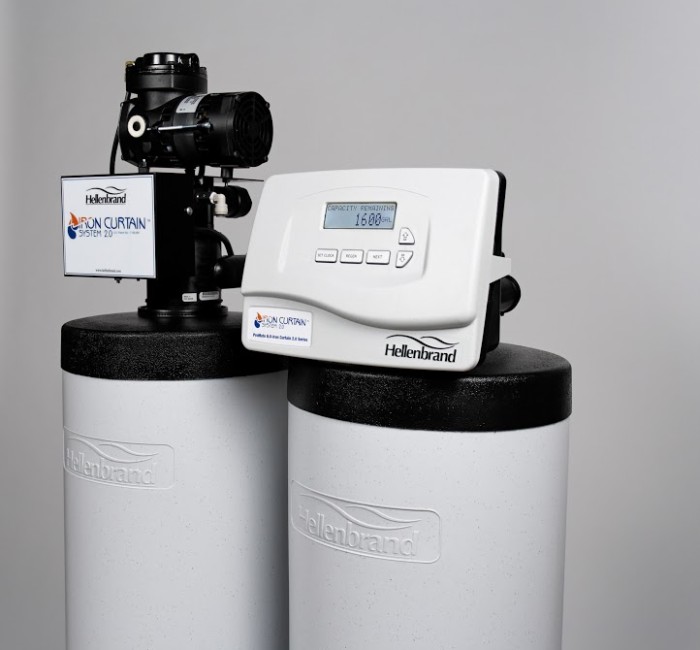
No Comments